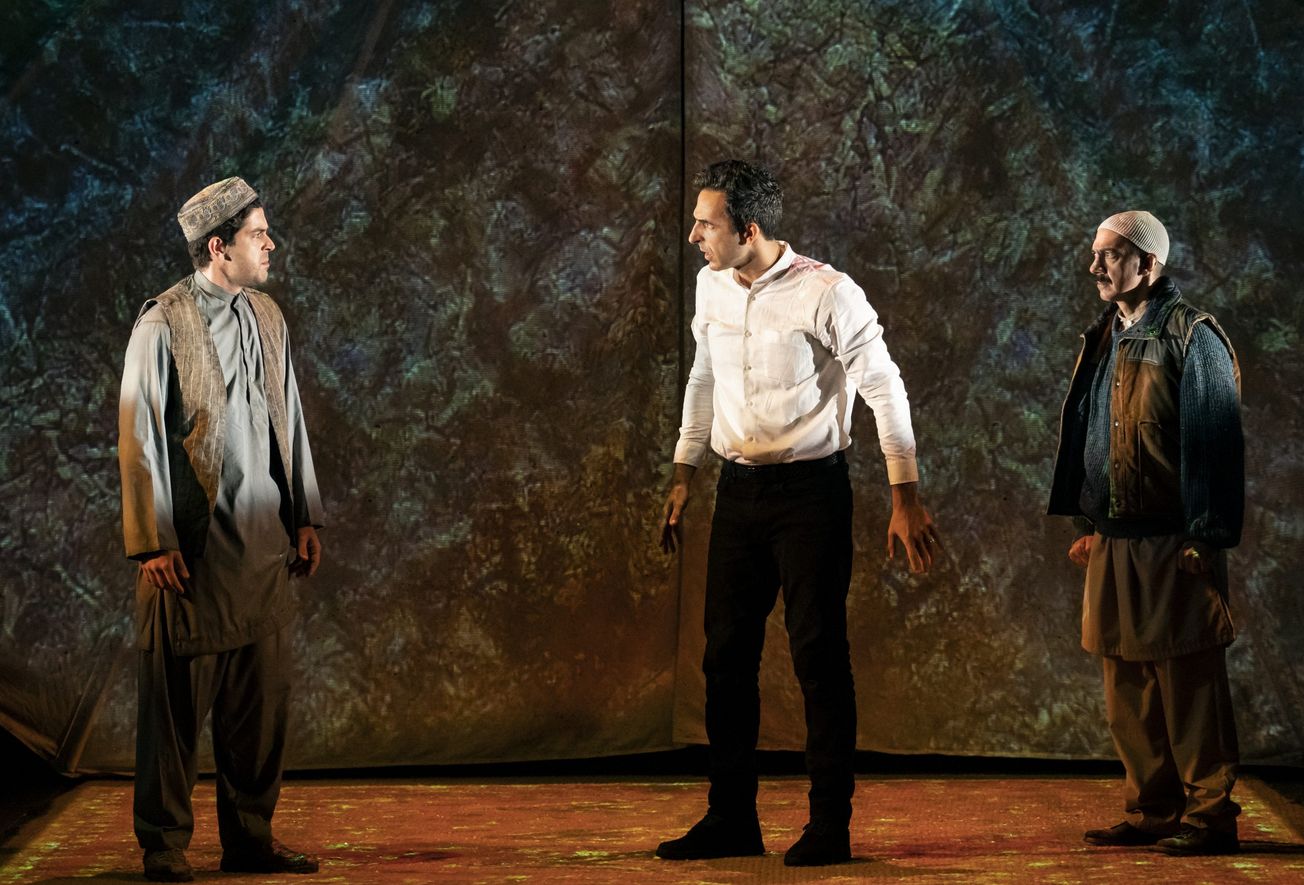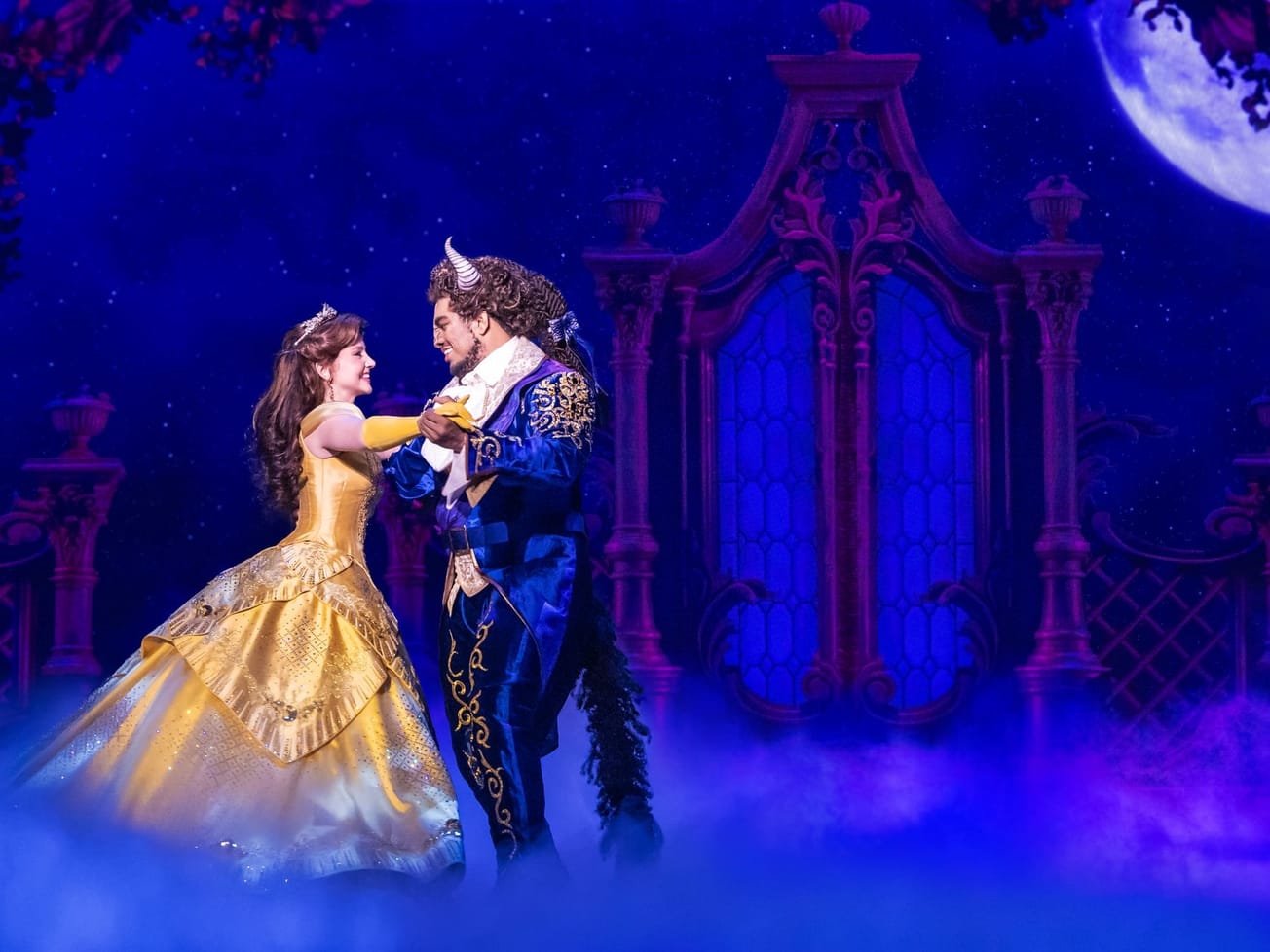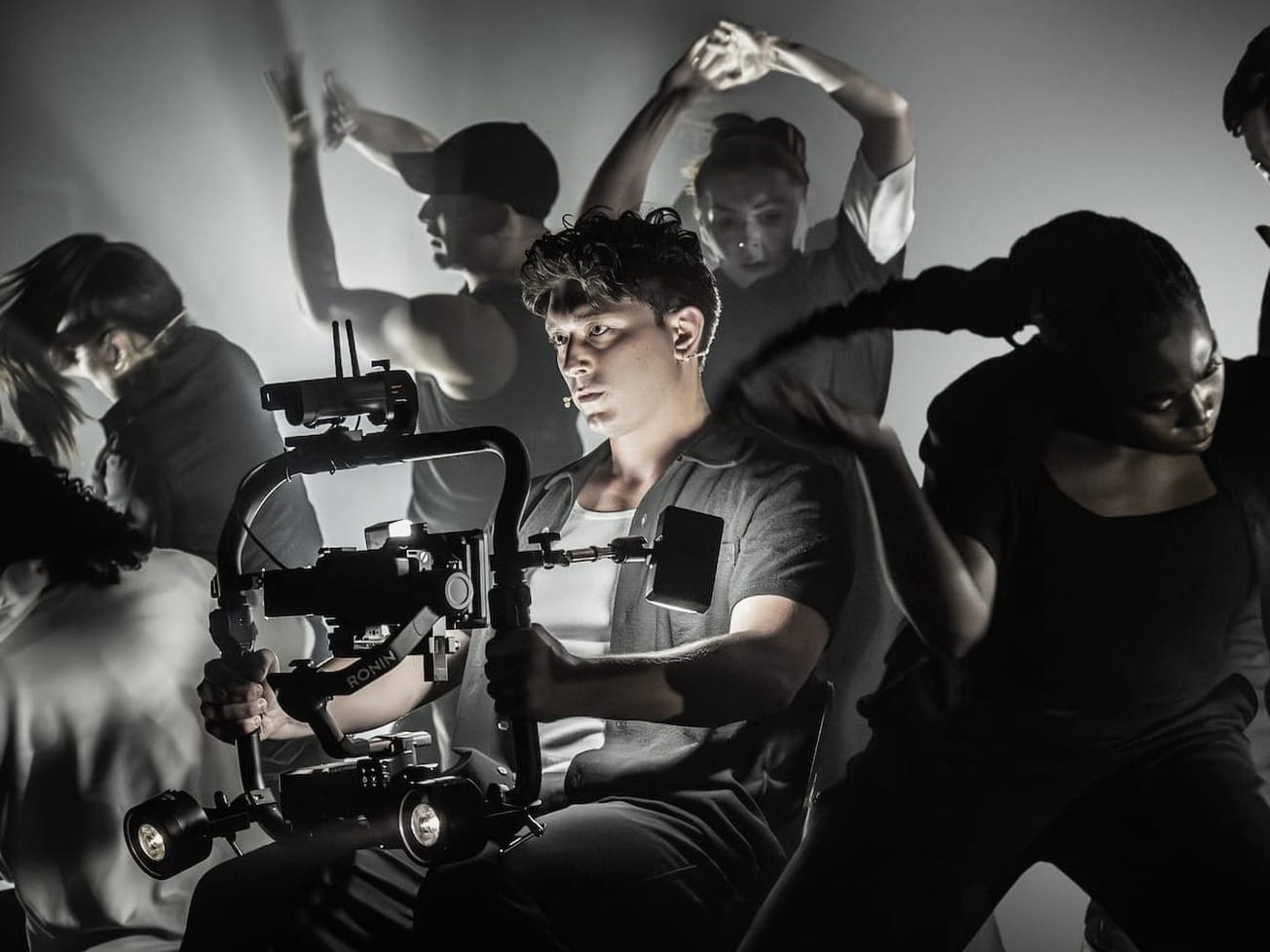High school love is often blind. My affair with Khaled Hosseini’s novel “The Kite Runner” was no exception. Equally harrowing and hopeful, the book was easy to cherish as a child. But the ability to praise it without complication was a privileged one. My hometown on Long Island was a world away from Wazir Akbar Khan, Kabul. The Taliban was a threat that wreaked havoc beyond our borders. When I first watched the 2007 film adaptation of “The Kite Runner,” I did so unaware of the fact that its young actors had to flee Afghanistan for their own protection. Today, the context, controversy and criticism of “The Kite Runner” is available to me, but I remain protective of the naive teenager who first adored it. That girl is the one most disappointed by the current Broadway adaptation, which has thinned Hosseini’s compelling investigation of friendship in the face of carnage into narrative fodder.
Review: A distilled ‘Kite Runner’ struggles to fly on Broadway
High school love is often blind. My affair with Khaled Hosseini’s novel “The Kite Runner” was no exception. Equally harrowing and hopeful, the book was easy to cherish as a child. But the ability to praise it without complication was a privileged one.


























































